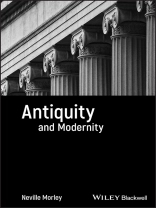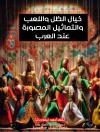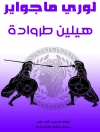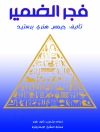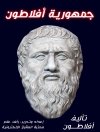Antiquity and Modernity
The nature, faults and future of modern civilization and how these connect to the past are tackled in this broad-reaching volume. Modernity is typically represented as a complete economic, political, cultural and psychological break from earlier time periods and non western cultures, but the ideas and culture of classicism have clearly influenced key modern theorists.
This book explores the relationship between antiquity and modernity, examining a broad range of thought in the process. It considers the views of German philosophers, British political economists, and French social theorists from the end of the nineteenth to the beginning of the twentieth century, including such totemic figures as Adam Smith, Marx, Mill, Nietzsche, Weber, and Freud. The first part considers the development of ideas about the difference between ancient and modern, whether conceptualized in economic, political, cultural, social or psychological terms; and it explores the way that modernity comes to be defined by this difference. The second part explores the uses of the past and of narratives of historical development in the modern era, both in the foundation myths of modernity and in the critiques offered by those who sought to promote alternative forms of society.
Innehållsförteckning
Preface.
Note on References.
1. Untimely Knowledge.
2. The Great Transformation: ancient and modern economics.
3. Before Alienation: the classical critique of modern
society.
4. An Aesthetic Education: the failings of modern culture.
5. History as Nightmare: conceptions of progress and
decline.
6. Allusion and Appropriation: the rhetorical uses of
antiquity.
Bibliography of Sources.
Bibliography.
Index of Persons.
Index of Subjects
Om författaren
Neville Morley is Professor of Ancient Economic History and Historical Theory at the University of Bristol. Previous publications include Metropolis and Hinterland: The City of Rome and the Italian Economy (1996), Writing Ancient History (1999), Theories, Models and Concepts in Ancient History (2004), and Trade in Classical Antiquity (2007).
